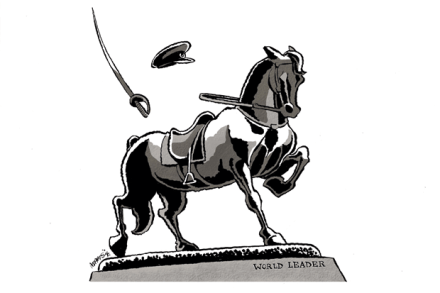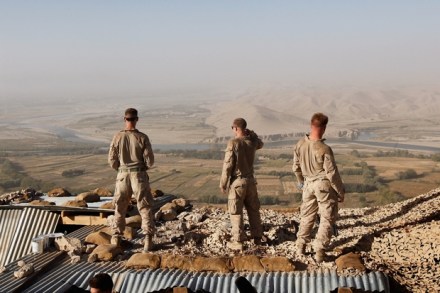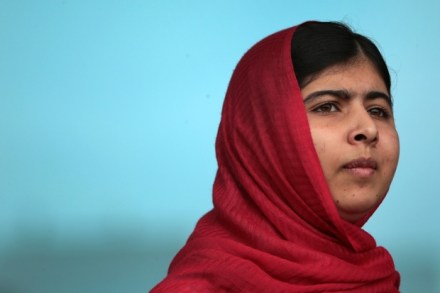A world crisis with no world leader
There was a time when having almost two hundred of your citizens blown out of the sky was a big deal for a western democracy. But when Malaysian Airlines flight MH17 was shot down over Ukraine last month, killing 193 Dutch citizens and a couple of dozen other Europeans, the response was conspicuous public mourning, some mild objections, a soupçon more sanctions, but otherwise nothing. Everyone knew which government might have handed powerful surface-to-air missiles to eastern Ukraine’s rebels. But nobody seemed willing or able to do anything much about it. There was also a time when whole swaths of the map being overrun by Islamic groups who make al-Qa’eda








